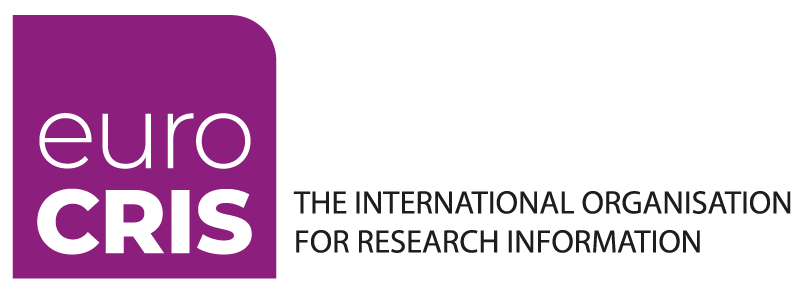This is a brief update on the yearly conference of the European Association of Research Managers and Administrators which took place from 27-29th of March In the Italian city of Bologna.
With an overwhelming number of attendees (800+ !) the trend of the last few years of an ever increasing popularity of the EARMA conferences among the international research management and administration professionals was clearly confirmed.
Apart from the usual high focus on funding issues, and more specifically EU-funding and administration, this year’s conference saw a substantial number of contributions dedicated to the subject of impact of research, with special attention to the Social Sciences and Humanities.
From a (euro)CRIS point of view it was both striking and surprising to notice the low (if any) attention for the subject of research information in the programme. Apparently the (potentially big) relevance and possible benefits of optimal research information management and RI-systems (CRISs) for the profession of research managers still is something that is not fully on the radar of the EARMA-community. In this respect it was striking that a number of attendees whom I spoke with were not aware at all of the existence and meaning of CRISs, and this notwithstanding the fact that the the ending “A” of the acronym EARMA stands for “Research Administrators”. So, in my view, regarding this issue, there certainly is a need for awareness-raising and promotion. In this respect I, during the conference, had a brief talk with the President of EARMA about the possible formulation of a Memorandum of Understanding between EARMA and euroCRIS, aimed, among other things, at promoting the awareness of the relevance of research information in general and CRISs in particular, starting with including a track on research information in the EARMA-conference programme. This proposal was very positively welcomed. So more to follow on that in the future.
The relative low attention for (the possible use of) CRISs by the members of the EARMA community may also be an indication of a (still existing) “non-connection” between the CRIS functionaries and office(s) within an institution on the one hand and the research managers on the other, as well as a signal of the absence of a (optimal) research information policy within research institutions.
For me one of the lessons learned from EARMA2019 is that there certainly is a challenge to take on to bring the research management and the research information communities closer together and for euroCRIS and the euroCRIS community to play a role in this.


